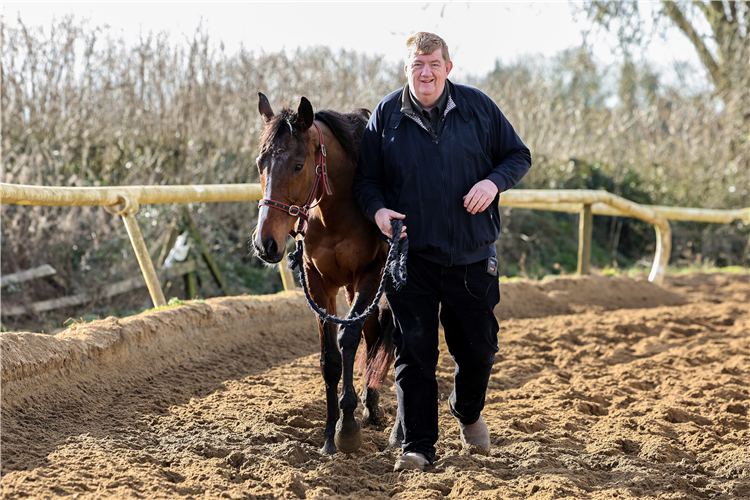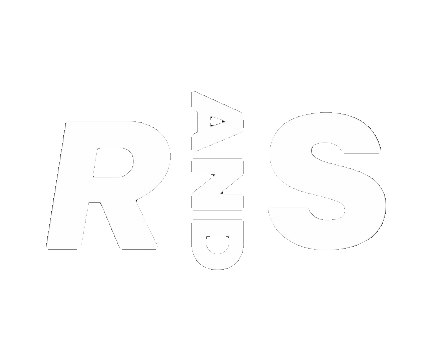3 minute read
Trainer John Hanlon has had his suspension reduced from ten months to six months, with the potential of it easing to three months further down the line.

John 'Shark' Hanlon was found by the Referrals Committee of the Irish Horseracing Regulatory Board to have behaved in a way that "caused significant prejudice to the integrity, proper conduct and good reputation of the sport of racing" when removing a dead horse from his stable earlier this year.
A member of the public videoed the horse being removed in the back of an open trailer in a branded John Hanlon Racing horsebox after the tarpaulin was dislodged during transport.
Hanlon, who trained last year's King George VI Chase hero Hewick, appealed the ban which was due to start on the 1st of December. Hanlon originally felt that the length of the ban, which in his opinion failed to take into account the difference between this account and similar incidents, could have been reduced. The body took into account the previous case involving Gordon Elliott and Rob James, both of whom were suspended for 12 months. Hanlon also thought the suspension could have been a monetary fine.
Subsequently, Hanlon offered 24 horses at the Goffs UK October Horse in Training Sale yesterday. 15 of the 24 horses were sold.
On the verdict, the panel said: "Having considered all of the evidence and arguments we have come to the conclusion that the Referrals Committee ought to have fixed a shorter headline sanction of six months in this case in order to take account of a major difference between Mr Hanlon's conduct and that of Messrs. Elliott and James.
"In their cases, the lack of respect demonstrated to the carcass of the deceased animal in each case was deliberate and wilful. Mr Hanlon's was not. He was negligent albeit to a high degree. We do not think that the reduction of the headline penalty from one of 12 months withdrawal of licence to 10 months adequately addresses that major difference.
"It also has to be borne in mind that the negligence of Mr Hanlon occurred in a single activity of relatively short duration. We are not to be taken as holding that negligence as distinct from a deliberate act might not attract a 10- or even 12-month withdrawal of licence in appropriate circumstances. Had there been continuing acts of negligence here, then the 10-month figure might well be justified.
"However, that was not the case and so we are of opinion that the headline figure of six months withdrawal is the correct one."







